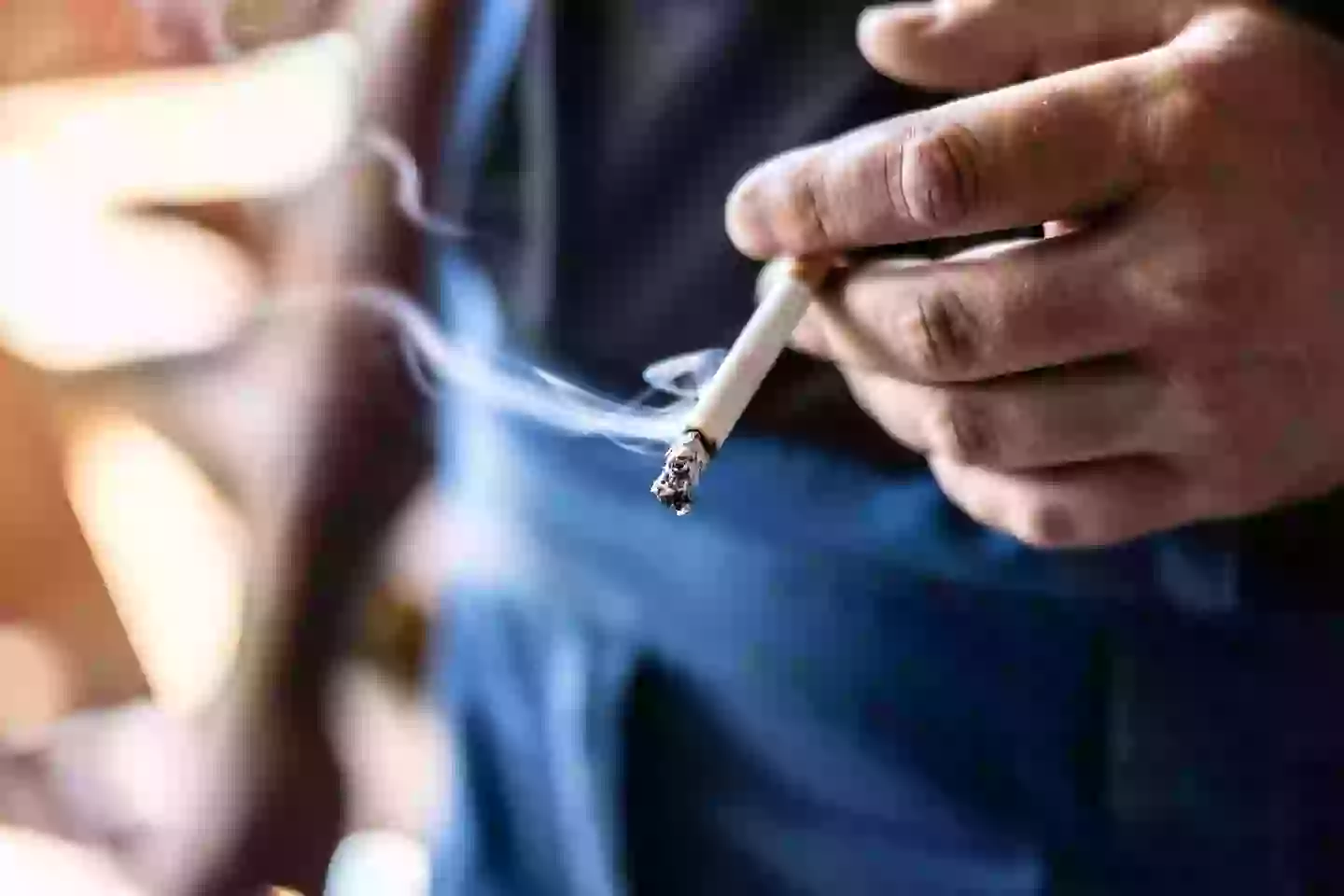Discover the Shocking Hidden Damage Smoking Does to Your Body—Revealed by Cutting-Edge Simulation
Ever wondered what really goes down inside your body when you light up that cigarette? Spoiler alert: it’s way uglier than the smell in your clothes afterward. A recent simulation by Zack D. Films throws us right into the grim reality—your lungs get draped in sticky black tar, those tiny hairs that keep your airways clean get mercilessly killed off, and your lung tissue slowly turns into a scarred mess. Oh, and here’s a fun (not so fun) fact: for every 15 smokes, your cells mutate—yeah, those rogue DNA changes that can kickstart cancer’s nasty party. Smoking doesn’t just mess with your lungs—it hikes up your blood pressure, boosts your dementia risk, and burns a hole in your wallet to boot. But hey, quitting isn’t just wishful thinking; the NHS points out that after just one year smoke-free, your heart attack risk drops by half — a pretty solid ROI for your health, right? Ready to see the smoke clear and start breathing better? LEARN MORE
A haunting simulation has revealed the reality of what happens to your body when you smoke.
We all know that smoking is terrible for our bodies. The NHS explains that 93 percent of mouth and throat cancers are caused by smoking, 84 percent of lung cancer deaths are caused by smoking and, for every 15 cigarettes you smoke, a mutation occurs in the body.
Mutations – in which changes occur in your cell DNA – are how cancers begin.
Smoking also increases your risk of dementia, ups your blood pressure and apart from anything else, is super expensive.
All in all, smoking is alarmingly bad for your health and a recent simulation by Zack D. Films has explained exactly what happens when you take that first inhale.
.jpg)
A simulation has revealed what happens when you smoke (Getty Stock Photo)
The video – shared on Zack D. Films’ YouTube channel – explained how the damage begins.
“When you inhale a cigarette, your airways get covered in a sticky black tar, making it hard to breathe,” Zack explains.
“The chemicals kill the tiny hair like structures inside that help clear out mucus and dirt, and without them, harmful substances build up, causing infections and coughing.
“Over time, the smoke scars your lung tissue, making them stiff and weak. And eventually, your lungs become too damaged to function, leaving you unable to breathe on your own.”
In the comments, people shared their own experiences, with one person writing: “I quit smoking cigarettes a year ago. Best decision I ever made. I had bronchitis and pneumonia at the same time last year and it almost killed me.
“You don’t realize how bad your lungs are until you get sick and can’t fight it off.”
While another said: “Started smoking in high school because of peer pressure (my ex and friends). I just turned 25 and I’m about to complete my first year of being smoke free. My lungs have never felt better. I even got my energy back.”
And a third added: “I stopped smoking since 2011. I was a smoker for over 25 years… since early teens.
“The best way to stop smoking, as in my experience, is to go for early morning jogging. Breathing fresh cold air will not only improve your lung capacity but also exposes you to fresh oxygen air which you have been depriving your body for long. After jogging for a few days, your body will start to dislike smoke and you can easily quit thereafter.”

Smoking is linked to lots of different health conditions (Getty Stock Photo)
The NHS explains that after quitting smoking, your long-term risks of cancer, lung disease, heart disease and stroke will be significantly reduced.
“After 1 year, risk of heart attack halves compared to a smoker’s,” they explain.
“After 10 years, risk of death from lung cancer falls to half that of a smoker.
“After 15 years, risk of heart attack falls to the same as someone who has never smoked.
“You will also be less likely to develop type 2 diabetes, bone disease including osteoporosis, eye disease and dementia.”
For more information and help in quitting smoking, you can visit the NHS’ Quit Smoking page here.
















